Decades after Billie Holiday’s death, ‘Strange Fruit’ is still a searing testament to injustice
Share
Explore Our Galleries
Breaking News!
Today's news and culture by Black and other reporters in the Black and mainstream media.
Ways to Support ABHM?
Tracy Fessenden, Arizona State University
On July 17, 1959, Billie Holiday died at Metropolitan Hospital in New York. The 44-year-old singer arrived after being turned away from a nearby charity hospital on evidence of drug use, then lay for hours on a stretcher in the hallway, unrecognized and unattended. Her estate amounted to 70 cents in the bank and a roll of bills concealed on her person, her share of the payment for a tabloid interview she gave on her deathbed.
Today, Holiday is revered as one of the most influential musical artists of all time. Time magazine named her 1939 recording of “Strange Fruit” the song of the 20th century. “In this sad, shadowy song about lynching in the South,” Time wrote in 1999, “history’s greatest jazz singer comes to terms with history itself.”
Abel Meeropol, a New York City teacher and songwriter who used the pen name Lewis Allan, wrote “Strange Fruit” after seeing a photograph of a lynching that shocked and haunted him: “Black body swinging in the Southern breeze / Strange fruit hanging from the poplar trees.”
Holiday’s rendition of Meeropol’s song remains as stunning – and searing – today as when it was first recorded. “It hits, hard,” syndicated columnist Samuel Grafton wrote soon after the record’s release in 1939. “It is as if a game of let’s pretend had ended.”
Our memorial to the victims of lynching remembers their humanity.
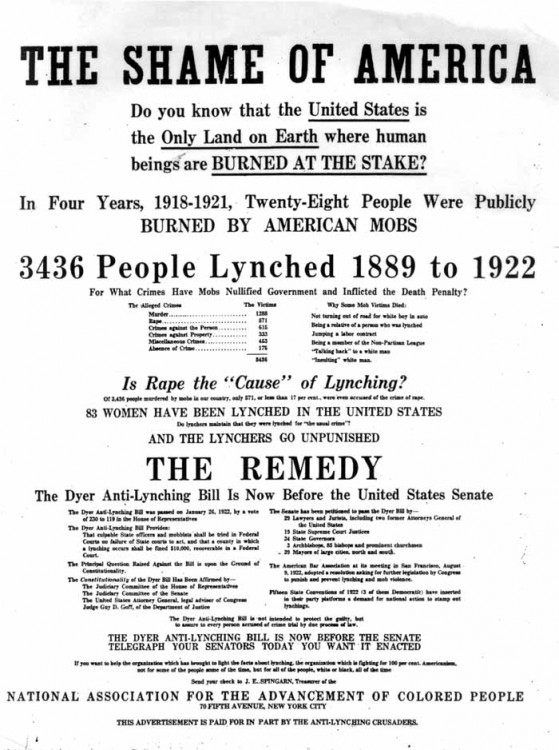
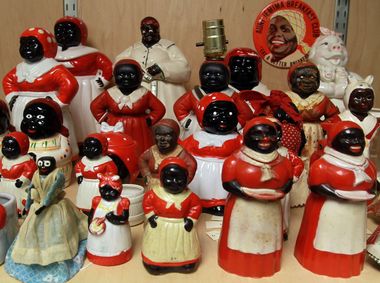
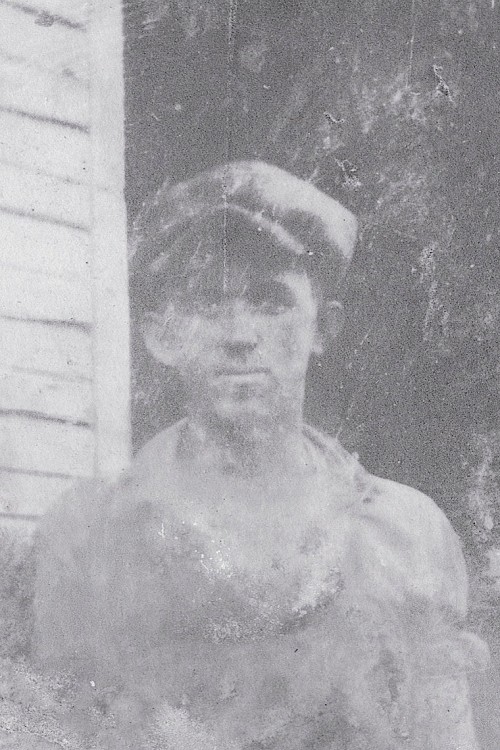
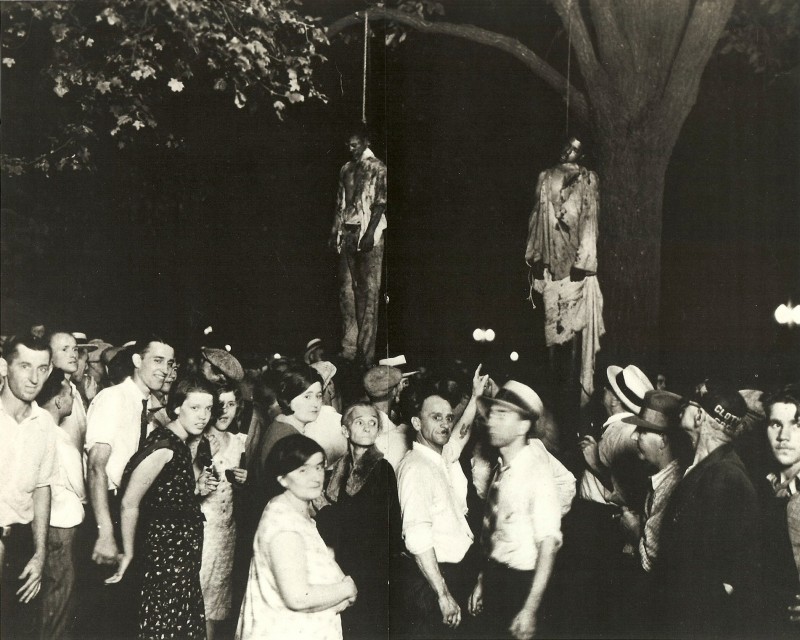
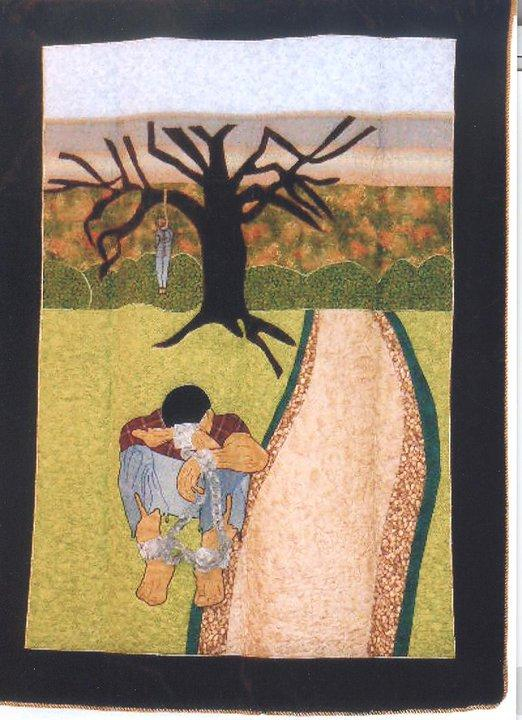




Comments Are Welcome
Note: We moderate submissions in order to create a space for meaningful dialogue, a space where museum visitors – adults and youth –– can exchange informed, thoughtful, and relevant comments that add value to our exhibits.
Racial slurs, personal attacks, obscenity, profanity, and SHOUTING do not meet the above standard. Such comments are posted in the exhibit Hateful Speech. Commercial promotions, impersonations, and incoherent comments likewise fail to meet our goals, so will not be posted. Submissions longer than 120 words will be shortened.
See our full Comments Policy here.